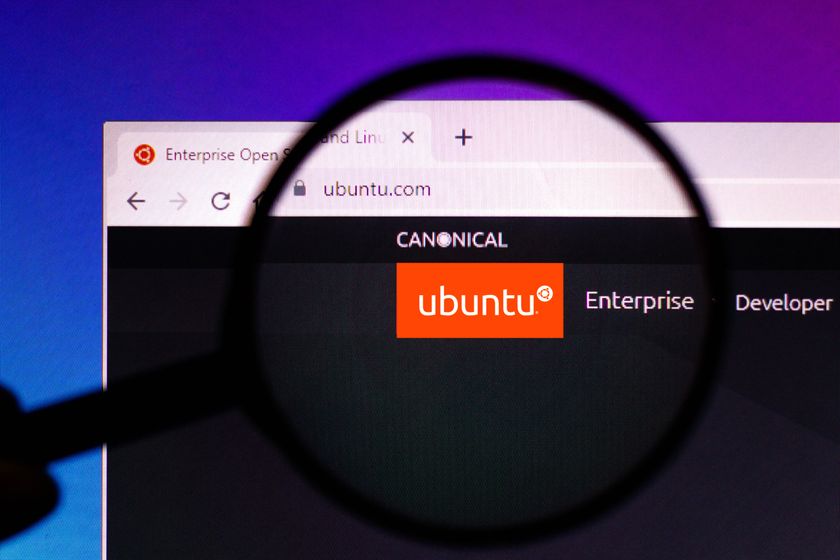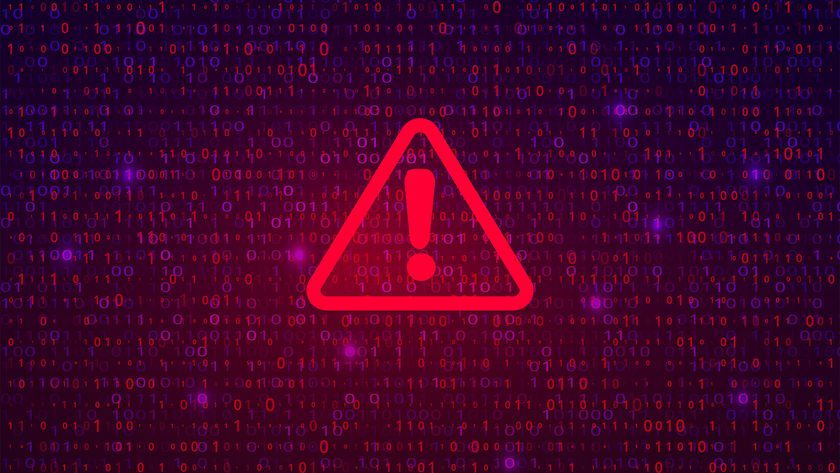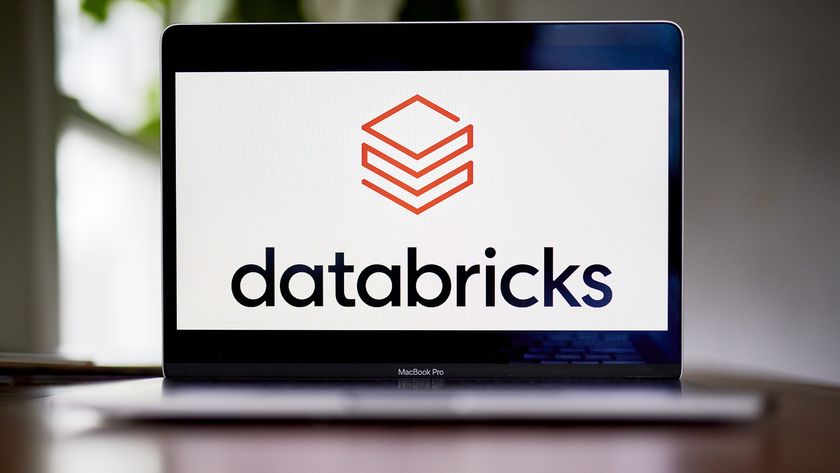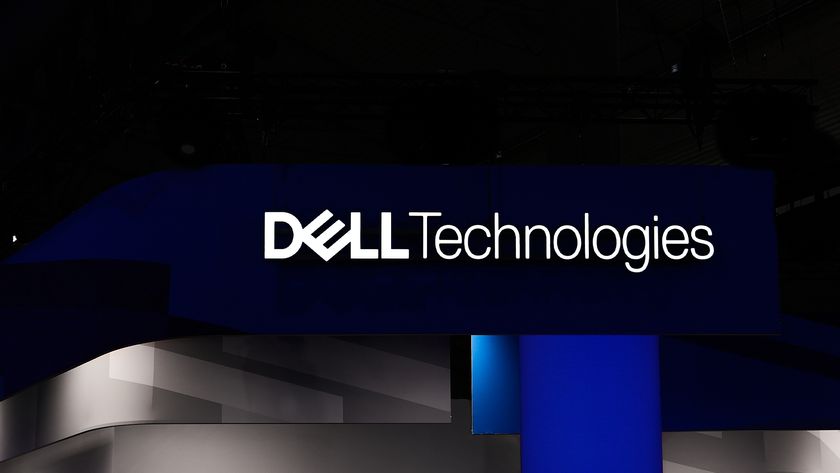Free Software Foundation preparing new open source license draft
GPL and LGPL license drafts scheduled for Wednesday AM release

The latest Free Software Foundation blueprint for future open source licensing is expected to be released Wednesday morning. Dubbed the GNU General Public License Version 3, the third draft of the document is expected to be fast-tracked for eventual adoption in late spring or early summer. The first draft of the new GPL was unveiled in January 2006.
The revised document attempts to broadly address the changing legal and technological landscape for software development over the past fifteen years-GPL version 2 was published in 1991. As of the second draft, GPLv3 contains provisions which make GPL software legally incompatible with digital rights management-a subject of some contention in the open source community which will doubtless be addressed in the new draft. The previous draft declared "When you convey a covered work, you waive any
legal power to forbid circumvention of technical measures that include use of the covered work, and you disclaim any intention to limit operation or modification of the work as a means of enforcing the legal rights of third parties against the work's users." This provision could, in theory, restrict any GPL program from being part of or subject to DRM.
Because software patents are a much more prominent issue today than they were in the early 1990s, GPLv3 attempts to address them as well, binding a GPL license holder not to use any patent protections they may have over code they release under the GPL. In essence, the license seeks to prevent users from stumbling into a software patent lawsuit.
The new draft process also discards the old LGPL, a more permissive variation of the GPL which does not require that subsequent code be released under GPL. Instead of a new LGPL document, FSF provides a list of exemptions which may be applied to the GPL in order to provide LGPL-like protections. FSF representatives have publicly disdained and diminished the LGPL in the past, and in 1999 it was re-branded from the Library General Public License (reflecting the appeal of its terms to shared code library developers) to the "Lesser" GPL.
Although there are a variety of open source licenses-indeed, some developers continue to declare their work "public domain", which involves surrendering all rights-by most common measures the GPL is by far the most prevalent, governing the core and many of the key components of the Linux operating system and accounting for nearly two-thirds of all projects on open source development portal Freshmeat. As such, changes to the GPL are considered of monumental importance, and that importance doubtless helps explain the fifteen-year gap between revisions and the lengthy discussion and approval process being undertaken.
Get the ITPro. daily newsletter
Sign up today and you will receive a free copy of our Focus Report 2025 - the leading guidance on AI, cybersecurity and other IT challenges as per 700+ senior executives















